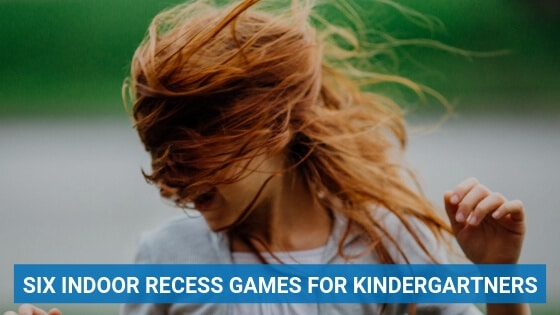Only a few decades ago, much of the common advice given on child rearing was that kids will ‘just pick up’ the social skills they need by mimicking each other and adults. Since then, numerous studies and awareness programs on autism have since proven that not all kids do just pick up social skills and yet many parents still feel that should be just fine in the friends department. The fact of the matter is that a lot of children are very shy, socially awkward or otherwise not naturally talented at making friends and could benefit from a little help. If your child doesn’t have the ‘usual’ bevy of casual school friends, it may be time to help them make one or two close personal friends instead.
Start with Task-Based Activities
Children, like all humans, tend toward team building when there’s a shared project. Working together on a joint effort is often the first step to classroom friendships. When children are working at the same table together on the same project, they can have conversations without making eye contact and share a positive experience that isn’t in a standard social environment with the usual expectations to control your body language and social posturing. This means that kids can get to know each other outside the playground politics of lunchtime and recess.
To help your child make friends, consider enrolling them in an afterschool activity where they can work and play with other children. This can be something like art or pottery, a kids science club, or a one-one sport. If you want a little more control over their environment, consider hosting or volunteering to be a teacher for one of these activities.
Join the Scouts
Boy or Girl Scouts are a great way to encourage your child to meet local children who go to different schools and have different social backgrounds. Not only do they have a diverse selection of after school friends, many of the activities in scouts are exactly the kind we were talking about a moment ago. As each child works toward their skill badges, everyone ends up working together in parallel which creates the perfect environment for shy children to be part of the conversation. When no one is looking at each other in the eye, their lack of regular eye contact isn’t noticed until their new friends have already gotten to know them as a well-liked team member.
Encourage the ‘Best Friend’ Formation
You can’t force a childhood best-friendship. These things happen naturally, even for less socially gifted children. In fact, kids who don’t have a large group of friends often have one or two very close friends instead. Sound like any adults you know? Some people simply prefer a smaller, more personal social circle. If your child seems to prefer a few close relationships to many casual ones, you can encourage them to make a best friend by showing interest in who they talk about. If they are always telling you about one or two friends at school or scouts, say things like “you two sound like really close friends” and let your child know that their friend would be welcome over for afterschool play and weekend sleepovers any time. Encourage them to spend lunch with their favorite people and talk to them about how to be a good friend in return.
Not everyone makes friends in the same way. However, just because your child is slow at friend making doesn’t mean they’re incapable. The best way to help your child make and keep friends is to give them time and opportunities. Talk to them about the value and qualities of good friendship and support any budding friendships they may begin to form.


